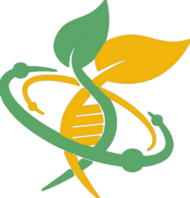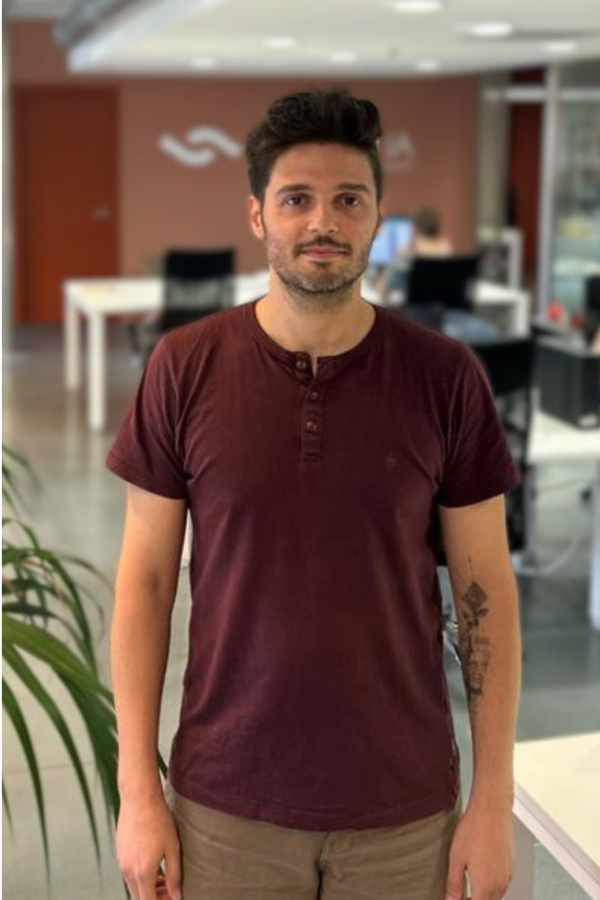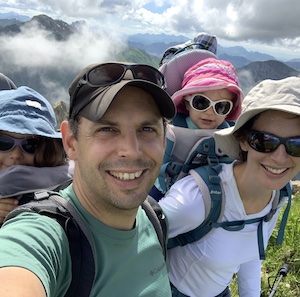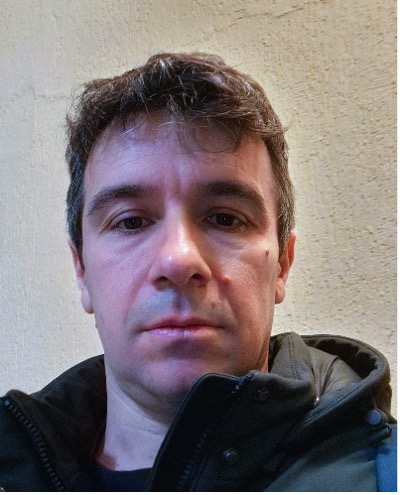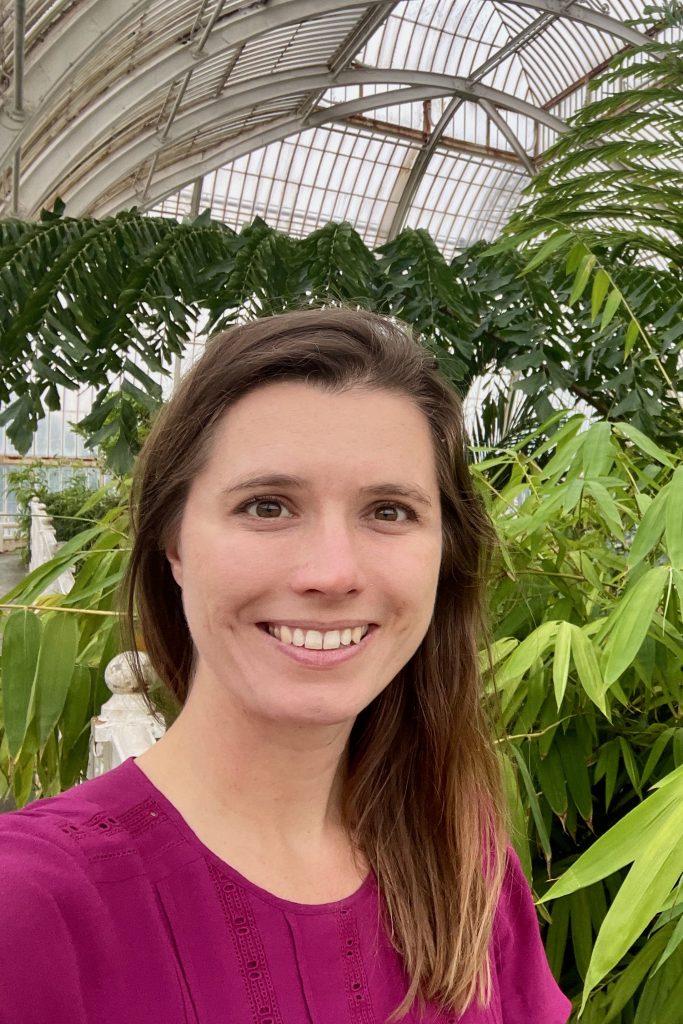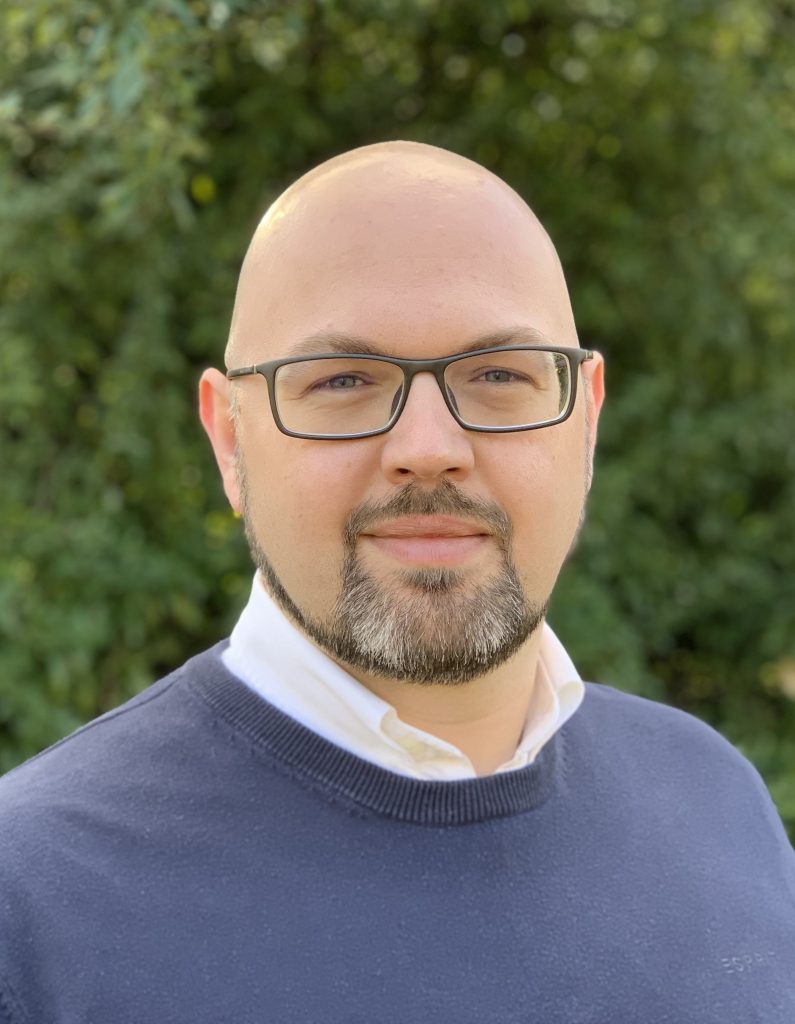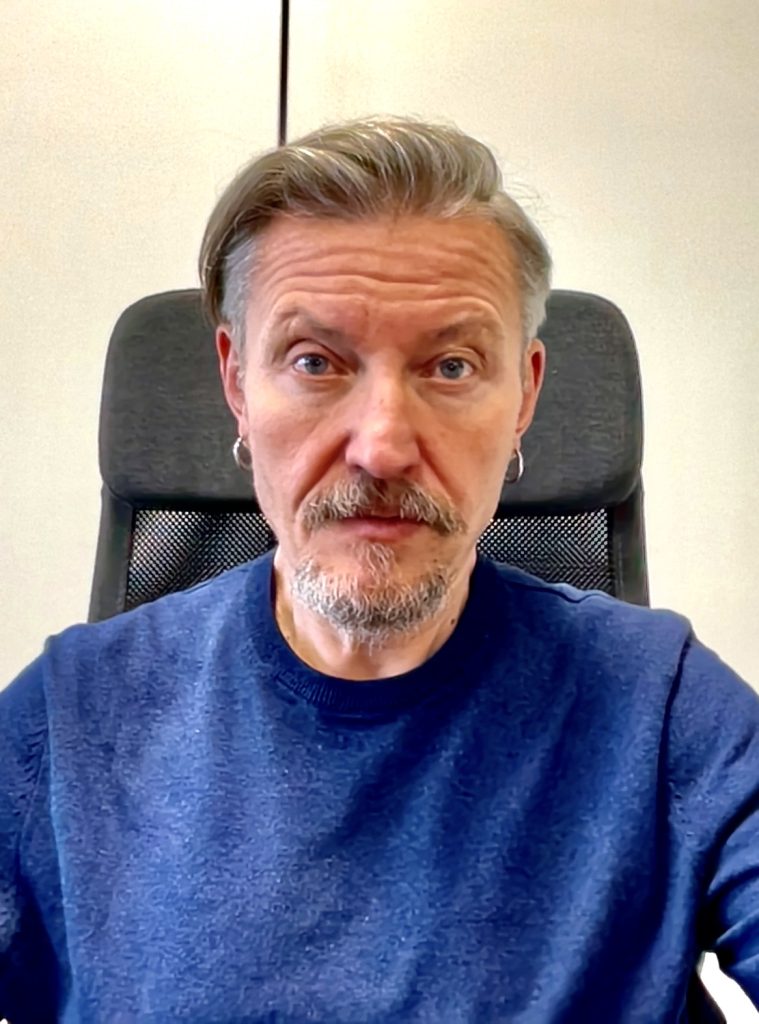PRIVACY & COOKIE POLICY
This document outlines how this website manages the personal data of users who visit it.
This notice is provided pursuant to Article 13 of Regulation 679/2016 to those interacting with the web services of Eikon srl, accessible electronically starting from the following address: https://www.eikoncommunication.com, corresponding to the homepage of the company’s official website.
The notice applies only to the website of Eikon srl and not to other websites that users may access via links.
This notice also takes inspiration from Recommendation No. 2/2001 adopted on May 17, 2001, by the European data protection authorities within the Article 29 Working Party established under Directive 95/46/EC, to identify minimum requirements for collecting personal data online, including the methods, timing, and nature of the information that data controllers must provide to users when they visit web pages, regardless of the purpose of the visit.
DATA CONTROLLER
The Data Controller is Eikon srl, represented by the legal representative pro tempore, headquartered at Via Mazzini, 57 – 40137, Bologna. Email: info@eikoncommunication.com.
DATA PROCESSING LOCATION
Personal data collected through the website is processed at Eikon srl‘s headquarters and exclusively by the company’s authorized technical staff.
PURPOSE OF DATA PROCESSING
Personal data collected through the website is processed for the following purposes:
- Responding to information requests.
- Establishing contact with potential clients.
- Sending informational newsletters.
No personal data collected through the website is shared or disseminated to third parties.
TYPES OF DATA PROCESSED
Browsing Data
The IT systems and software procedures used to operate this website acquire, during their normal operation, certain personal data, the transmission of which is implicit in the use of Internet communication protocols. This information is not collected to identify users but could, by its very nature and through processing or associations with data held by third parties, allow for user identification.
This category includes:
- IP addresses or domain names of the computers used by users.
- URI (Uniform Resource Identifier) addresses of requested resources.
- Request time and method used to submit the request to the server.
- Response file size and numerical code indicating the server’s response status (e.g., success, error).
This data is used solely to track website traffic, compile anonymous statistical information about site usage, and ensure its proper functionality. These data may also be used to ascertain responsibility in the case of hypothetical cyber crimes.
Data Provided Voluntarily by Users
Sending emails to the addresses listed on this website involves the subsequent acquisition of the sender’s address (necessary to respond to inquiries) and any other personal data included in the message.
Cookies
This website does not use profiling cookies as defined in the Italian Data Protection Authority’s May 8, 2014, ruling on simplified methods for providing cookie information and obtaining consent. The website exclusively uses technical cookies for:
- Session management (e.g., secure browsing or authentication for restricted areas).
- Collecting aggregated, anonymous statistics (e.g., using Google Analytics).
For more information about Google Analytics cookies, visit: http://www.google.com/intl/en/analytics/learn/privacy.html.
To disable cookies and prevent Google Analytics from collecting data, you can download the opt-out browser add-on: https://tools.google.com/dlpage/gaoptout.
You can configure your browser settings to block or limit cookies at any time. Note that disabling all cookies, including technical ones, may reduce website functionality.
DATA PROVISION: OPTIONAL OR MANDATORY
Apart from browsing data, users are free to provide their personal data. However, failure to do so may result in the inability to fulfill their requests.
PROCESSING METHODS
Personal data is processed using automated tools for the time strictly necessary to achieve the purposes for which it was collected. Specific security measures are implemented to prevent data loss, unlawful use, unauthorized access, or incorrect processing.
USER RIGHTS
In accordance with Articles 15 to 22 of the GDPR, users have the right to: a) Request confirmation of the existence of their personal data.
b) Obtain details about data purposes, categories, recipients, and storage duration.
c) Request rectification or deletion of data.
d) Restrict data processing.
e) Exercise data portability rights.
f) Object to processing at any time, including for direct marketing purposes.
g) Challenge automated decision-making, including profiling.
h) Withdraw consent at any time without affecting the lawfulness of prior processing.
i) Lodge complaints with a supervisory authority.
Requests should be addressed to:
Eikon srl
Via Perlasca, 10 – 40137 Bologna, Italy
Tel: +39 051 6238522
Email: info@eikoncommunication.com
